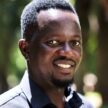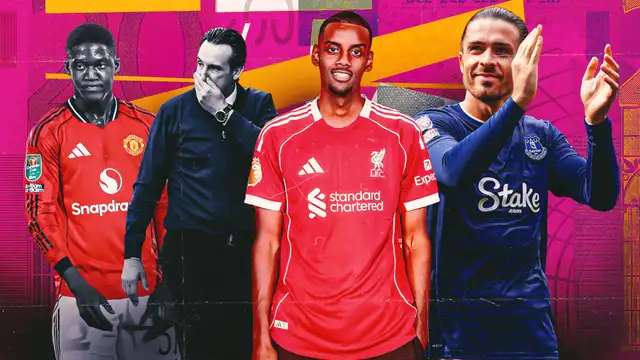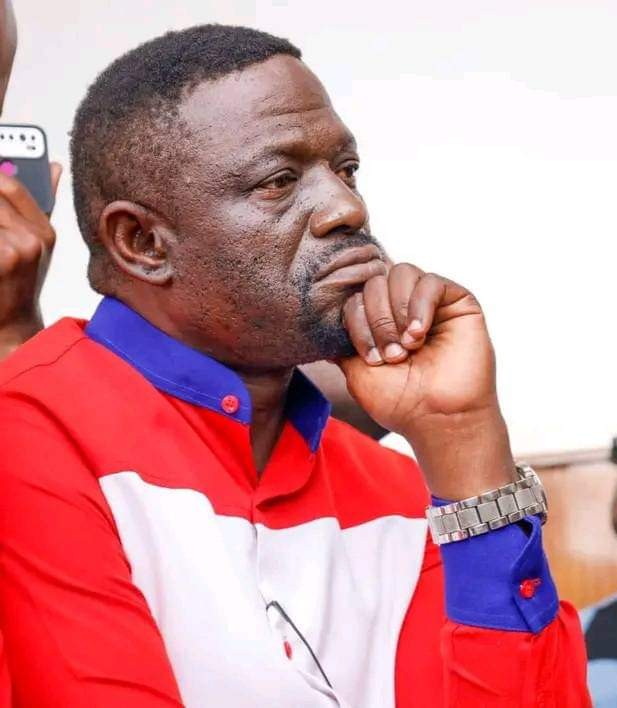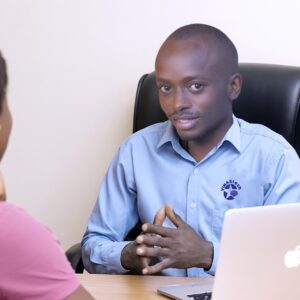Goma, DRC – In a striking development, the M23 rebel group has warmly welcomed former Democratic Republic of Congo (DRC) President Joseph Kabila to Goma, the capital of North Kivu province, where he is now staying in areas under rebel control. The move, announced on Sunday, has intensified speculation about Kabila’s intentions and heightened tensions with the DRC government in Kinshasa, further complicating the volatile situation in eastern Congo.
In a statement released Sunday morning, Lawrence Kingston Kanyuka, the M23 political spokesperson, confirmed Kabila’s arrival and extended warm wishes for his stay. “We are honored to host His Excellency Joseph Kabila in areas currently under the control of M23 fighters,” Kanyuka said. “We wish him a pleasant stay and look forward to his contributions to peace and unity in our region.” The statement underscores the significance of Kabila’s presence in Goma, a city held by M23 since their resurgence in 2021.
Kabila, who served as DRC president from 2001 to 2019, was greeted with enthusiasm by M23 leaders and supporters in Goma. Bertrand Bisimwa, president of the M23 movement, hailed Kabila’s arrival as a pivotal moment. “His Excellency understands the struggles of our people,” Bisimwa said. “His presence here signals a commitment to dialogue and addressing the grievances of eastern Congo.” At a public gathering in Goma’s central square, M23 fighters and local residents cheered as Kabila addressed the crowd, calling for unity and urging all parties to prioritize peace. “The people of North Kivu deserve stability and development,” he said. “We must work together for solutions that serve the Congolese, not foreign interests.”
The DRC government in Kinshasa swiftly condemned Kabila’s presence in rebel-held territory, labeling it “a provocative act that undermines national unity.” Government spokesperson Patrick Muyaya accused Kabila of aligning with “enemies of the state” and warned that his stay could destabilize the region further. “A former head of state should promote reconciliation, not division,” Muyaya said. The government has repeatedly accused M23 of being backed by Rwanda, a claim Kigali denies, adding to the diplomatic friction surrounding Kabila’s move.
Analysts view Kabila’s stay in Goma as a strategic bid to reassert his political influence in a country where he retains significant support, particularly in the east. During his presidency, Kabila maintained ties with various armed groups, and some observers believe he is positioning himself as a mediator—or a potential powerbroker—in the ongoing conflict. “Kabila’s decision to stay in Goma is no coincidence,” said Dr. Jean Mukwayanzo, a Kinshasa-based political analyst. “He is leveraging his connections to signal that he remains a key player in Congolese politics.”
The M23 rebellion, which re-emerged in 2021, has fueled instability in eastern DRC, with the group claiming to defend the rights of the Tutsi minority and address government neglect. Their advances have displaced over 1.2 million people in North Kivu, according to the United Nations, worsening a humanitarian crisis marked by violence and resource exploitation. Kabila’s presence in Goma coincides with stalled peace talks under the East African Community’s Nairobi Process, raising concerns that his involvement could complicate efforts to secure a ceasefire.
Local reactions in Goma are mixed. “If Kabila can help end the war, we welcome him staying here,” said Amani Furaha, a market trader. Others expressed skepticism. “Why is he back now, after years of silence?” asked Jean-Paul Bahati, a local teacher. “We’re tired of politicians using our region for their games.” Kabila, for his part, reiterated his commitment to peace, stating, “As a Congolese citizen, my heart is with the people of this region.” Yet, with no clear agenda for his stay, questions linger about whether his presence will foster dialogue or deepen divisions.
As Kabila settles in Goma, the DRC’s eastern region remains a tinderbox. His stay in rebel-held territory adds a new layer of complexity to an already fragile situation, with the international community and regional actors closely monitoring whether this bold move will pave the way for peace—or further escalate tensions.







